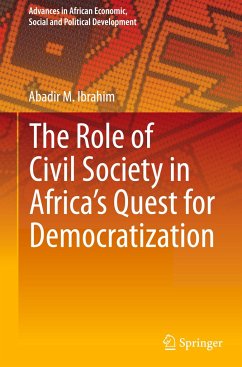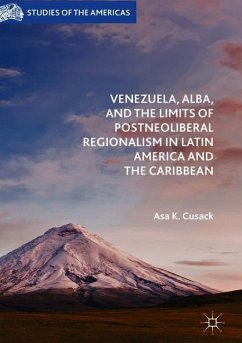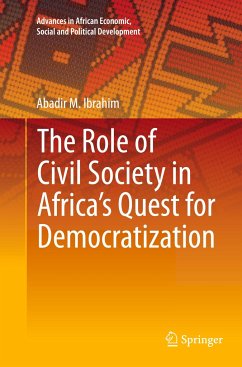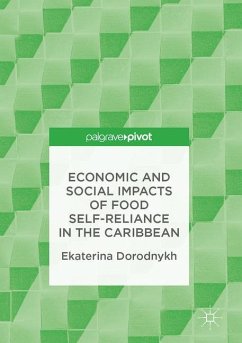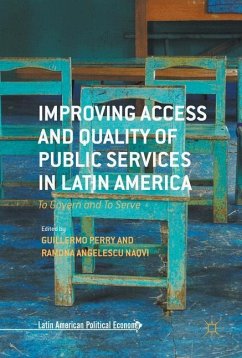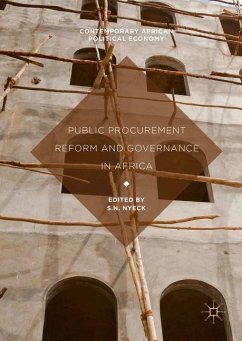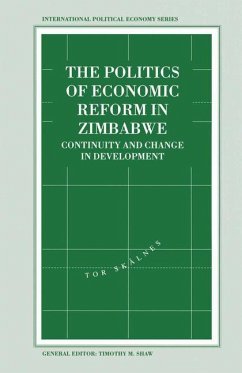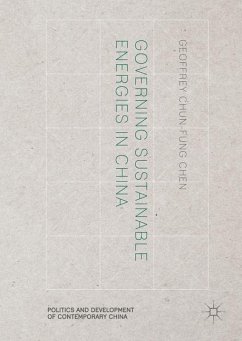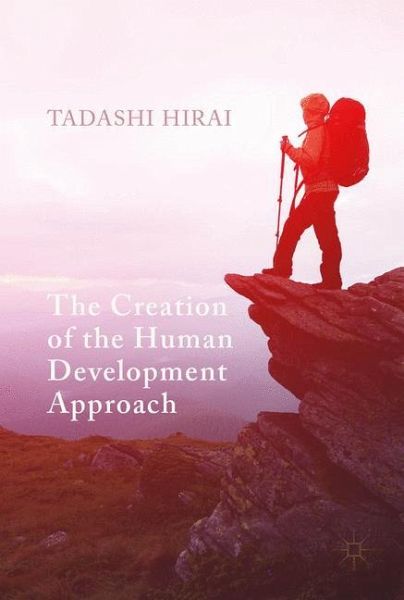
The Creation of the Human Development Approach
Versandkostenfrei!
Versandfertig in 6-10 Tagen
76,99 €
inkl. MwSt.
Weitere Ausgaben:

PAYBACK Punkte
38 °P sammeln!
This book examines the main reasons and challenges for the success of the human development approach both in theory and practice as an alternative to the economic growth model. Unlike the preceding research which has typically been either theoretical/prescriptive or empirical/descriptive, it follows a pragmatic historical and institutional methodology, since human development cannot be understood without considering the complexities added centrally by the formation process in the UNDP. Referring to the capability approach, it also addresses how to best reflect happiness within this paradigm.



